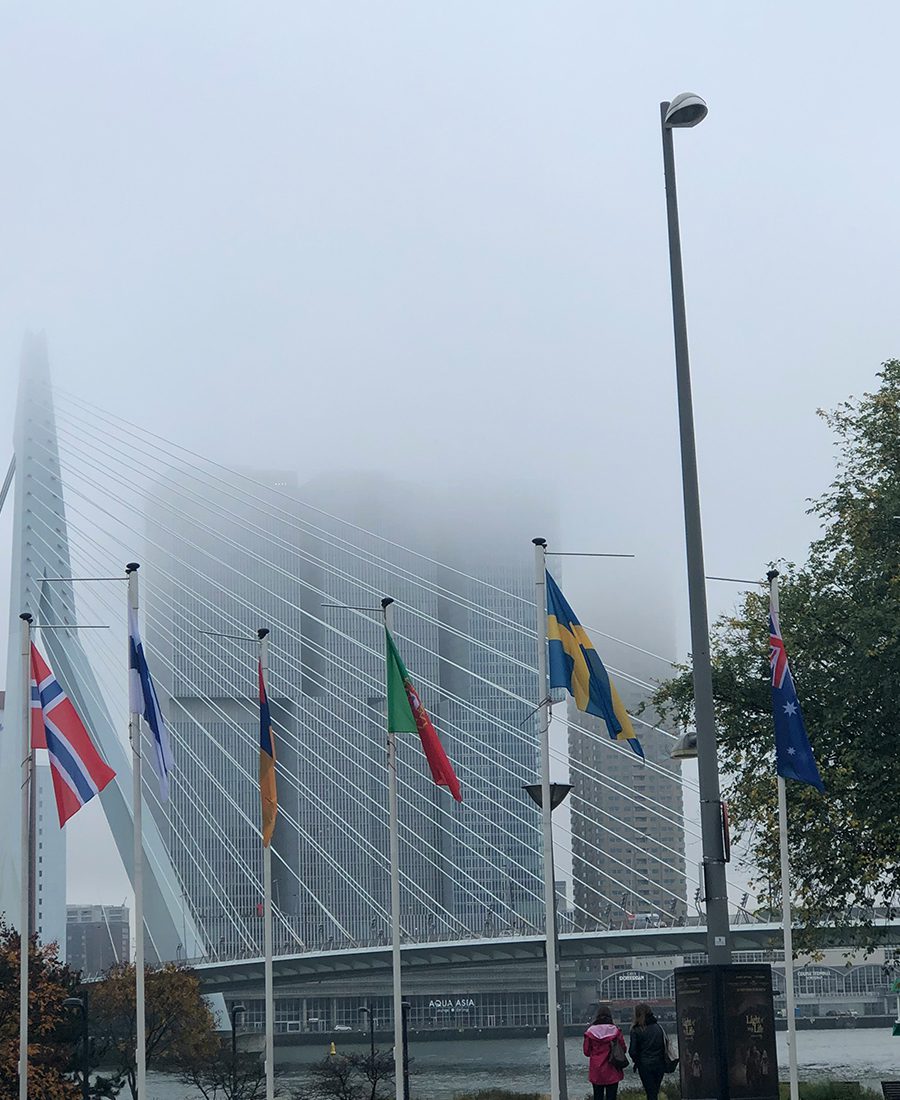I am looking for a legal expert in
in


After a Greek company (Athenian Brewery – AB) was condemned by the Greek competition authority (the Competition Commission) for abuse of dominant position, one of its competitors (Macedonian Thrace Brewery – MTB) sought to obtain compensation for its damages.
To this end, MTB intended to take action both against the Greek company AB and against the latter’s parent company, the Dutch company Heineken, even though the Competition Commission had refused to involve Heineken in the case.
MTB thus brought proceedings before the Amsterdam court seeking joint and several condemnation of AB and Heineken to compensate for the damages it claimed to have suffered as a result of the infringement committed by AB and established by the Competition Commission.
The Amsterdam court declared itself competent to rule on the claims brought against Heineken but incompetent with regard to the Greek company AB, before its decision was overturned by the Amsterdam Court of Appeal. Following an appeal on points of law by Heineken and AB, the Supreme Court of the Netherlands decided to stay proceedings and refer questions to the CJEU.
Article 4 of Regulation (EU) No 1215/2012 of the European Parliament and of the Council of 12 December 2012 on jurisdiction and the recognition and enforcement of judgments in civil and commercial matters (known as “Brussels I bis”) establishes the principle that defendants must be sued before the courts of their domicile.
In the case commented here, the application of this principle would require bringing AB before a Belgian court and Heineken before a Dutch court, as ruled by the Amsterdam court.
However, Article 8(1) of the same regulation provides an exception in cases involving multiple defendants.
According to this article, a person domiciled in the territory of a Member State may be sued, where there are multiple defendants, before the court of the domicile of one of them, provided that the claims are connected by such a “close connection” that there is an interest in hearing and determining them together to avoid solutions that might be irreconcilable if the cases were determined separately.
To assess the risk of irreconcilable decisions, the CJEU recalls that it is not sufficient that there exists a risk of divergence in the resolution of the dispute: this divergence must also occur within the framework of the “same factual and legal situation” (CJEU, 21 May 2015, Case C-352/13, CDC Hydrogen Peroxide).
The CJEU has thus ruled that Article 8(1) of the Brussels I bis Regulation should notably be applied when several companies having participated in an anticompetitive agreement, established by a European Commission decision, are subject to claims based on their participation in this infringement, even if each company’s participation in the implementation of said agreement occurred in a disparate manner, both geographically and temporally (Ibid.).
In continuity with this case law, the CJEU considers that there also exists a risk of irreconcilable decisions justifying the application of Article 8(1) of the Brussels I bis Regulation in cases of claims brought against a parent company and its subsidiary due to the subsidiary’s participation in an infringement of competition rules, provided that it is alleged that the parent exercises decisive influence over its subsidiary, even where the joint and several liability of the parent and subsidiary has not been established in a final decision of the European Commission (or a national competition authority).
The Court indeed recalls that, according to established case law, in the particular case where a parent company holds directly or indirectly all or virtually all of the capital of its subsidiary that has committed an infringement of competition rules, there exists a presumption that said parent company exercises decisive influence over the behavior of its subsidiary.
The existence of such decisive influence implies that the parent company and its subsidiary must be considered as forming part of the same economic unit and therefore constituting a single undertaking within the meaning of competition law, which automatically entails joint and several liability between the parent company and its subsidiary.
The Court recalls that, although developed in the context of challenging decisions by competition authorities, this presumption may also apply in the case of a claim brought against a parent company seeking compensation for damages suffered due to its subsidiary’s participation in anticompetitive practices.
The aforementioned presumption is, however, rebuttable: the parent company always has the possibility to reverse this presumption by providing evidence capable of demonstrating that its subsidiary actually behaves autonomously in the market.
This is why the CJEU ruled that in cases of claims seeking joint and several condemnation of a parent company and its subsidiary to compensate for damages suffered due to the commission, by the subsidiary, of an infringement of competition rules, the court of the parent company’s domicile, seized of these claims, may rely on the aforementioned presumption to establish its international jurisdiction.
The Court nevertheless specifies that in such circumstances, the court in question must ensure that the parent company is not deprived of the possibility of relying on probative evidence suggesting either that the conditions of this presumption are not met (absence of direct or indirect holding of all or virtually all of the subsidiary’s capital), or that this presumption should nevertheless be reversed due to its subsidiary’s autonomy, thus recalling the rebuttable nature of this presumption.